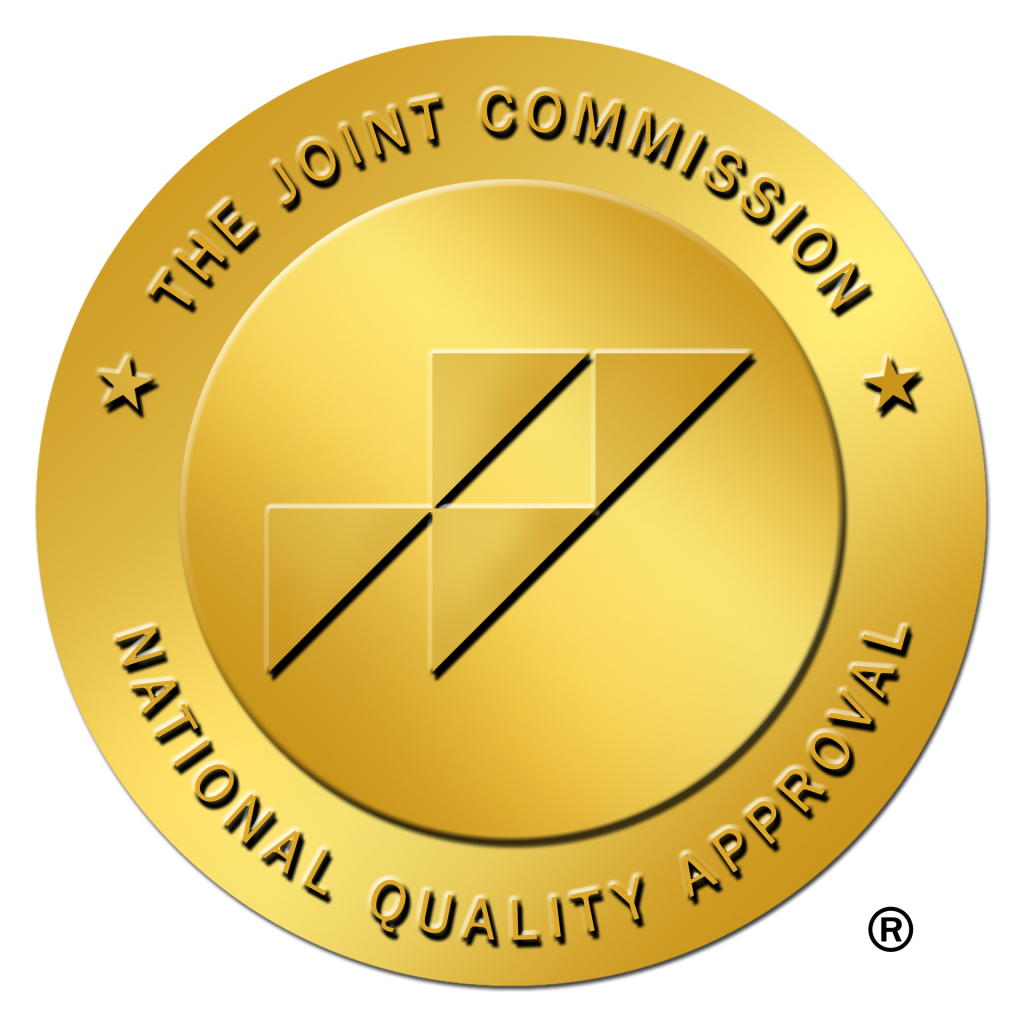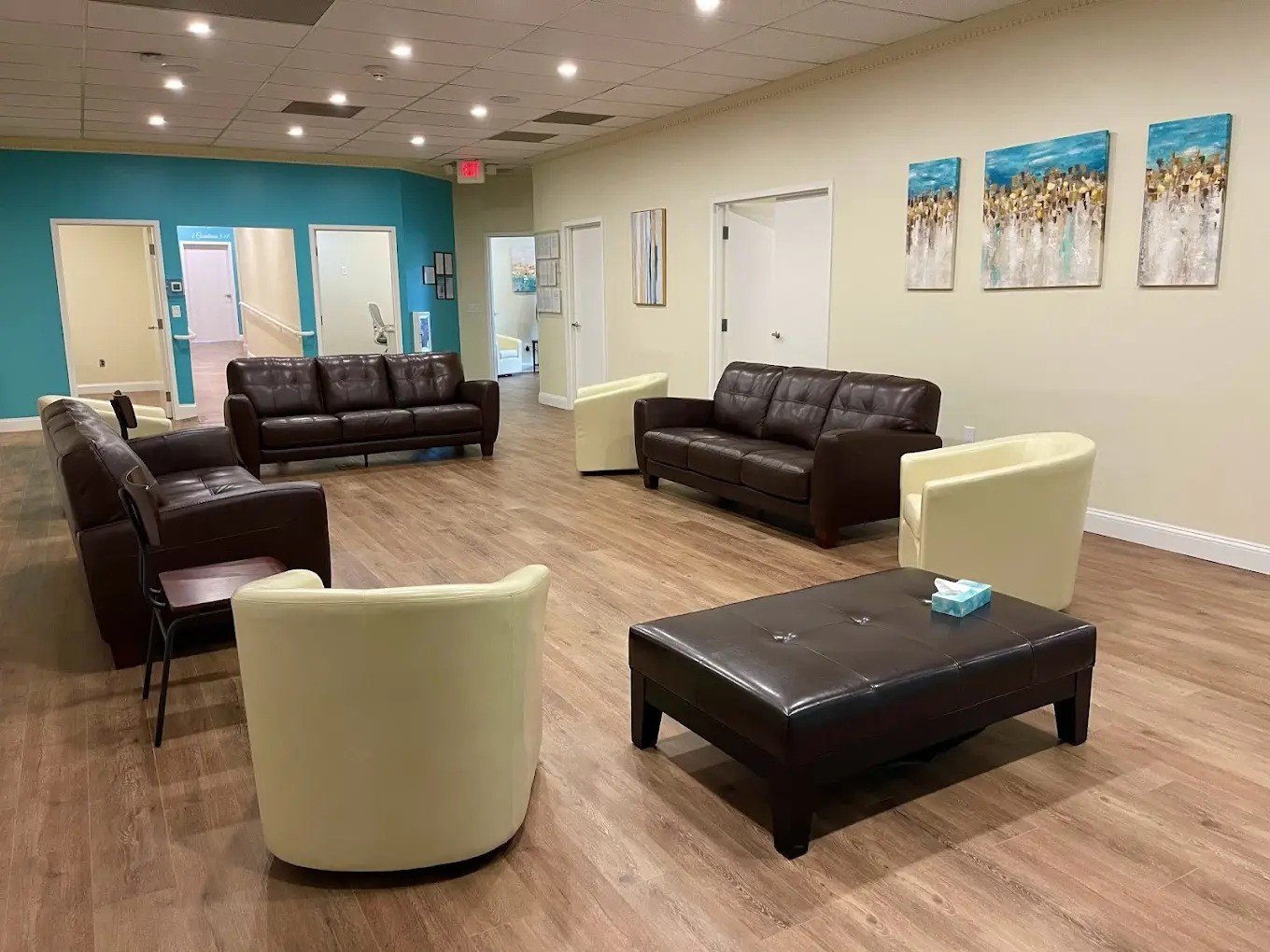Iop Near Parsippany Nj
What is an Intensive Outpatient Program (IOP)?
Intensive Outpatient Programs, commonly referred to as IOPs, provide essential mental health and addiction services without requiring participants to reside at the treatment facility. This flexibility allows individuals to maintain their daily responsibilities such as work, school, or family commitments while engaging in regular therapy sessions. The structured treatment approach in IOPs is designed to accommodate those needing more support than traditional outpatient therapy offers but not as encompassing as inpatient care.
Typically, these programs include a combination of group therapy, individual counseling, and skill-building sessions. The frequency and types of sessions can vary based on each individual’s needs, allowing IOPs to be highly adaptable. In the context of an IOP near Parsippany NJ, New Chapter Recovery exemplifies this blend of flexibility and intensive care, offering diverse therapy formats and scheduling options to meet the unique needs of their clients.
Benefits of Participating in an IOP Near Parsippany NJ
Choosing an IOP near Parsippany NJ provides numerous advantages for individuals seeking recovery from mental health or substance use challenges. One of the most significant benefits is the ability to stay connected with the local community while undergoing treatment. This connection can be vital for maintaining support networks, which are crucial in sustainable recovery.
Additionally, IOPs often offer flexible scheduling options, making it easier for clients to balance their treatment with work or educational commitments. New Chapter Recovery, for instance, provides both day and evening IOP sessions. This flexibility is designed to support individuals who may be juggling multiple responsibilities, ensuring they can access the care they need without compromising other areas of their lives.
The personalized care approach available at New Chapter Recovery ensures that each participant’s treatment plan is tailored to their specific circumstances. This customization enhances the effectiveness of the program, as clients are more likely to engage with therapies that resonate with their personal experiences and goals.
The Role of Evidence-Based Practices in IOP Treatment
Evidence-based practices form the backbone of effective treatment in IOPs. These approaches are grounded in scientific research and clinical expertise, ensuring that clients receive high-quality care that is both effective and proven. New Chapter Recovery employs a range of evidence-based modalities, including Cognitive Behavioral Therapy (CBT), Dialectical Behavior Therapy (DBT), and Motivational Interviewing, among others.
By integrating these therapies, New Chapter Recovery addresses the diverse needs of their clients while promoting long-lasting recovery. The focus is not only on treating symptoms but also on equipping individuals with the skills necessary to navigate life’s challenges independently. This comprehensive approach is pivotal in preventing relapse and fostering resilience in the face of adversity.
Specialized Programs and Tracks Available
An IOP near Parsippany NJ, such as New Chapter Recovery, often offers specialized programs to meet the varied needs of its clients. These can include tracks for specific demographics or challenges, such as veterans, young adults, or those with co-occurring disorders. At New Chapter Recovery, animal-assisted therapy and faith-based recovery are among the unique offerings designed to address specific client preferences and needs.
By offering specialized tracks, the center ensures that all clients have access to therapies that align with their personal beliefs and circumstances. This personalized approach helps improve engagement and outcomes, making the recovery journey more meaningful and effective for participants.
Importance of Family Support in the Recovery Process
Family support plays a pivotal role in the recovery process for many individuals attending an IOP near Parsippany NJ. At New Chapter Recovery, family involvement is encouraged through various family-oriented therapy sessions and support groups. These opportunities allow families to understand the challenges their loved ones face while learning how best to support them.
Involving family members can enhance the effectiveness of the treatment program by strengthening the client’s support network. This involvement often leads to healthier communication patterns and relationship dynamics, both of which are crucial for sustainable recovery.
Integrated Dual Diagnosis Model in Treatment
At New Chapter Recovery, the integrated dual diagnosis model is a cornerstone of treatment, addressing both mental health issues and substance use disorders simultaneously. This approach recognizes the often interconnected nature of these challenges and aims to treat them concurrently for improved outcomes.
By integrating treatment for co-occurring disorders, New Chapter Recovery provides a holistic path to recovery. Clients benefit from a comprehensive treatment plan that considers the complexities of both conditions, thereby increasing the likelihood of sustained recovery.
Flexibility and Convenience in Scheduling
For many clients, the opportunity to attend an IOP near Parsippany NJ that offers flexible scheduling is a significant benefit. At New Chapter Recovery, sessions are available during the day and evening, allowing clients to choose times that best fit their schedules. This flexibility is essential for those who must juggle other commitments, such as work or family obligations, with their treatment.
Flexible scheduling helps to reduce the barriers to accessing care, ensuring that clients can maintain their recovery journey without feeling overwhelmed by additional responsibilities. This adaptability is a key component of New Chapter Recovery’s approach, as it seeks to accommodate the diverse needs of its clientele.
The Role of Experiential Therapy in IOP
Experiential therapy offers creative and hands-on therapeutic experiences that can be especially beneficial in an IOP setting. At New Chapter Recovery, this type of therapy is integrated into the treatment plans to engage clients in activities that promote self-expression and personal insight. These activities might include art therapy, music groups, or outdoor activities.
By participating in experiential therapy, clients can explore their emotions and behaviors in a supportive environment. This approach not only enhances the therapeutic process but also empowers individuals to discover new coping strategies and build confidence in their recovery journey.
Long-Term Goal Setting and Relapse Prevention
Goal setting is a critical component of the therapeutic process, providing clients with a roadmap for their recovery. At New Chapter Recovery, clients work with their therapists to establish realistic and achievable goals that align with their personal values and aspirations. This focus on goal setting helps to motivate clients and track their progress throughout the program.
Relapse prevention strategies are also integral to IOPs. New Chapter Recovery emphasizes the importance of equipping clients with tools and techniques to maintain their sobriety long after completing the program. These strategies might include cognitive-behavioral techniques, mindfulness practices, and developing a strong support network.
By fostering an environment where clients can set and achieve their goals, New Chapter Recovery supports long-term success in recovery and helps individuals build a fulfilling life free from substance dependence.
What is an Intensive Outpatient Program?
An Intensive Outpatient Program (IOP) provides a structured treatment environment for individuals dealing with mental health and addiction issues, without requiring them to reside at a facility. Imagine having the ability to receive consistent, evidence-based therapy while still being able to go home each night, attend work, or school. This flexibility is particularly valuable for those who need more than what traditional outpatient therapy can offer but do not require the extensive supervision of inpatient care. The core of an IOP is its combination of group therapy, individual counseling, and skill-building sessions. You can think of it as a supportive community where you have the opportunity to grow and address personal challenges with the help of professionals and peers.
What are the benefits of participating in an IOP in Parsippany?
Participating in an IOP near Parsippany offers several unique advantages, especially at a center like New Chapter Recovery. Staying close to home allows you to maintain your local support network, which can be crucial for long-term success. The integration of flexible scheduling–offering both day and evening sessions–makes it easier to balance treatment with your daily life commitments, whether that’s work, school, or family. One standout benefit is the personalized care each participant receives; treatment plans are not set in stone but are adapted to match personal goals and circumstances. This kind of tailored approach ensures higher engagement and effectiveness. Imagine being in a therapy session that speaks directly to your experiences and aspirations–this can be a game-changer in recovery.
Why are evidence-based practices important in IOP treatment?
Evidence-based practices are the gold standard in treatment because they are grounded in scientific research and clinical expertise. At New Chapter Recovery, techniques like Cognitive Behavioral Therapy and Motivational Interviewing are employed to address a wide range of needs. These practices aren’t just buzzwords; they are methods proven to deliver results. By focusing on these therapies, we don’t just treat the symptoms; we equip individuals with the skills to navigate life’s challenges independently. Picture having a toolkit filled with strategies to manage stress, regulate emotions, and avoid relapse. For anyone seeking a scientifically-backed pathway to recovery, evidence-based practices are indispensable. What skills do you think would most help you in managing life’s challenges?
How does flexibility in IOP scheduling benefit participants?
Flexibility in scheduling is vital for many people undergoing treatment, especially if you’re juggling responsibilities like work or family care. At New Chapter Recovery, you have the option of both day and evening sessions, allowing you to choose what fits best into your life. This flexibility reduces barriers to accessing care, ensuring that treatment becomes a manageable part of your routine rather than an overwhelming burden. Imagine not having to choose between attending a crucial therapy session and maintaining your job. With such adaptability, you are more likely to stay committed to the program, fostering better outcomes. How might flexible scheduling help you maintain your commitments outside of treatment?
How does family support enhance the recovery process?
Family support can significantly boost the recovery journey. When families are involved, they also learn the challenges you’re facing and how best to support you. At New Chapter Recovery, family-oriented therapy sessions and support groups are a key part of the process. This involvement not only strengthens your support network but also can lead to healthier communication and relationship dynamics, which are essential for sustainable recovery. Think about it: having people who understand your journey and are willing to walk it with you can make all the difference. If you had to identify one thing your family could do to better support you, what would it be?
What is the integrated dual diagnosis model, and why is it significant?
The integrated dual diagnosis model is crucial for addressing both mental health issues and substance use disorders simultaneously. At New Chapter Recovery, we recognize that these challenges are often interconnected. By treating them together, we provide a holistic path to recovery. This model increases the likelihood of sustained recovery because it considers the complexities of both conditions. Imagine being in a program where all aspects of your health are addressed, providing a more complete and effective treatment. This comprehensive approach not only identifies the roots of your issues but also builds a stronger foundation for lasting change. Do you feel that addressing multiple issues simultaneously can pave the way for a more stable recovery?
How does experiential therapy enhance traditional treatment methods in an IOP?
Experiential therapy adds a dynamic element to treatment by engaging clients in activities that promote self-expression and personal insight. At New Chapter Recovery, we incorporate modalities such as art therapy and outdoor activities to encourage emotional exploration in a supportive setting. This hands-on approach allows clients to process their emotions creatively, which can be particularly beneficial for those who may struggle with traditional talk therapies. Think of it as a way to express what words might not cover, offering new coping strategies and boosting confidence in your recovery journey. Have you ever tried expressing yourself through creative outlets? How did it make you feel?
Why is long-term goal setting paired with relapse prevention crucial in IOP?
Goal setting in therapy provides a roadmap for your recovery, giving you concrete objectives to work toward. At New Chapter Recovery, therapists work with you to craft realistic goals, aligning them with your personal values and aspirations. This process motivates you and helps track progress. Coupled with relapse prevention strategies like cognitive-behavioral techniques and mindfulness practices, it forms a robust framework for maintaining sobriety long after the program ends. Imagine setting goals that not only excite you but also equip you with tools to handle future challenges. This tandem approach supports long-term recovery and a fulfilling life beyond substance dependence. What goals would you like to set for your own recovery journey?
Resources
- Substance Abuse and Mental Health Services Administration (SAMHSA) – SAMHSA is the leading agency in the U.S. working to reduce the impact of substance abuse and mental illness on America’s communities.
- National Institute of Mental Health (NIMH) – NIMH is the leading federal agency for research on mental disorders, aiming to transform the understanding and treatment of mental illnesses.
- American Psychiatric Association – The American Psychiatric Association is a professional organization representing psychiatrists in the United States, dedicated to ensuring humane care and treatment for individuals with mental disorders.
- National Institute on Drug Abuse (NIDA) – NIDA is a government research institute that focuses on the science of drug use and addiction, seeking to advance the understanding and treatment of substance use disorders.
- American Psychological Association (APA) – The APA is the largest scientific and professional organization of psychologists in the United States, working to advance the creation, communication, and application of psychological knowledge to benefit society and improve lives.






